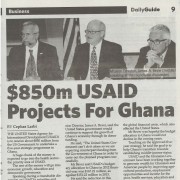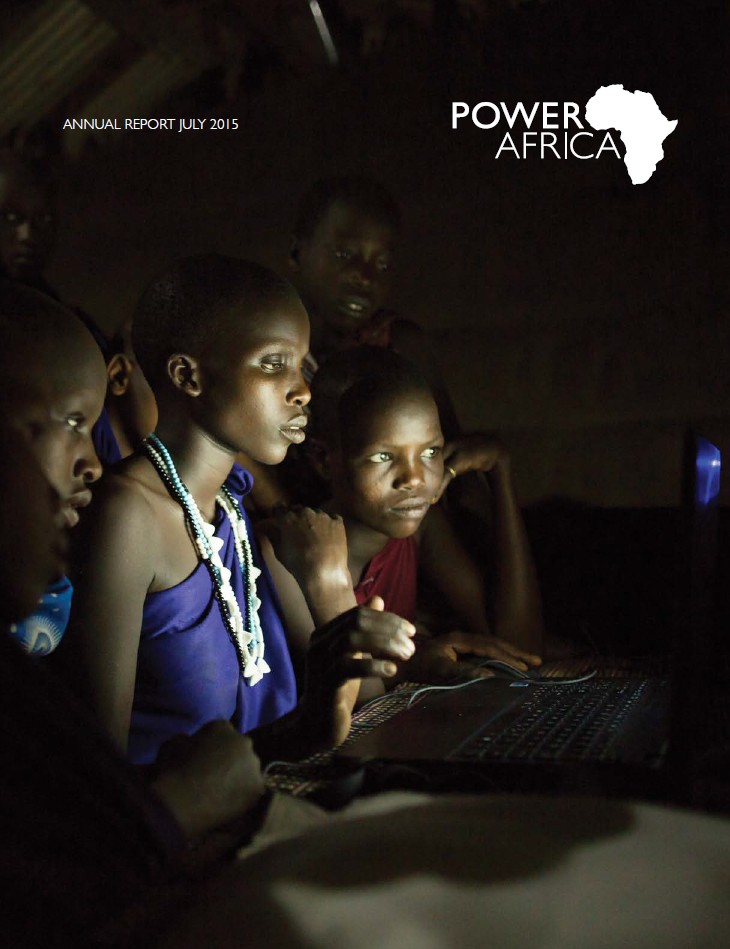
Accra, Ghana — During a press roundtable briefing, the U.S. Agency for International Development (USAID) presented USAID Ghana’s new Country Development Cooperation Strategy (CDCS) for 2013-2017. The U.S. Ambassador to Ghana, Gene Cretz, introduced James Bever, Mission Director for Ghana and Alex Deprez, Mission Director for the West Africa Region, both of whom outlined their mission’s portfolios while discussing budget updates and recent development achievements.
The signing ceremony of the MOU between the United States Agency For International Development (USAID) and the Korean International Cooperation Agency (KOICA) is a comprehensive development cooperation in Ghana. This is the first cooperative project between USAID and KOICA and is designed to improve maternal, newborn and child health care in the Volta Region.
TAMALE, Ghana – The Feed the Future (FTF) USAID Agriculture Technology Transfer (ATT) project launched on Thursday, November 21, 2013, at the University for Development Studies in Dungu, near Tamale. The five-year, United States Agency for International Development (USAID) funded project aims at increasing the availability of appropriate and affordable farming technologies to sustainably improve the competitiveness of the maize, rice and soya value chains in northern Ghana.
Abidjan – The third High-Level Forum on Water and Sanitation for All is taking place from November 21 to 23, 2013, in Abidjan, organized by the Pan-African Inter-governmental Agency Water and Sanitation for Africa in cooperation with the Government of Côte d'Ivoire. The U.S. Agency for International Development (USAID) is an official forum sponsor. The theme of this year’s forum is to promote vibrant and effective cooperation to accelerate access to hygiene, sanitation and water for all in Africa.
Ghana’s economic progress over the last 20 years has been laudable. Economic growth has averaged more than six percent each year and the country is among the few in Africa expected to meet the Millennium Development Goal (MDG) of halving the poverty rate by 2015. This growth has also enabled Ghana to achieve lower-middle-income status, though unexpectedly, following the rebasing of its GDP figures in November 2010.










Comment
Make a general inquiry or suggest an improvement.